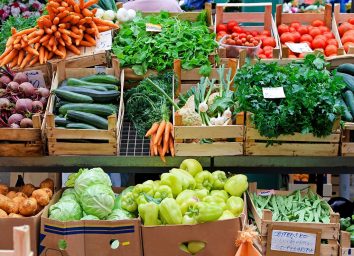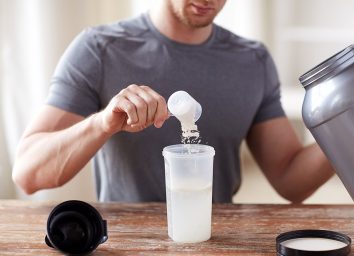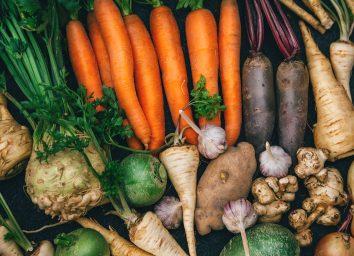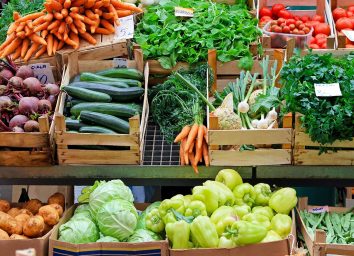Nutritional Yeast: How to Use the Vegan Cheese Substitute
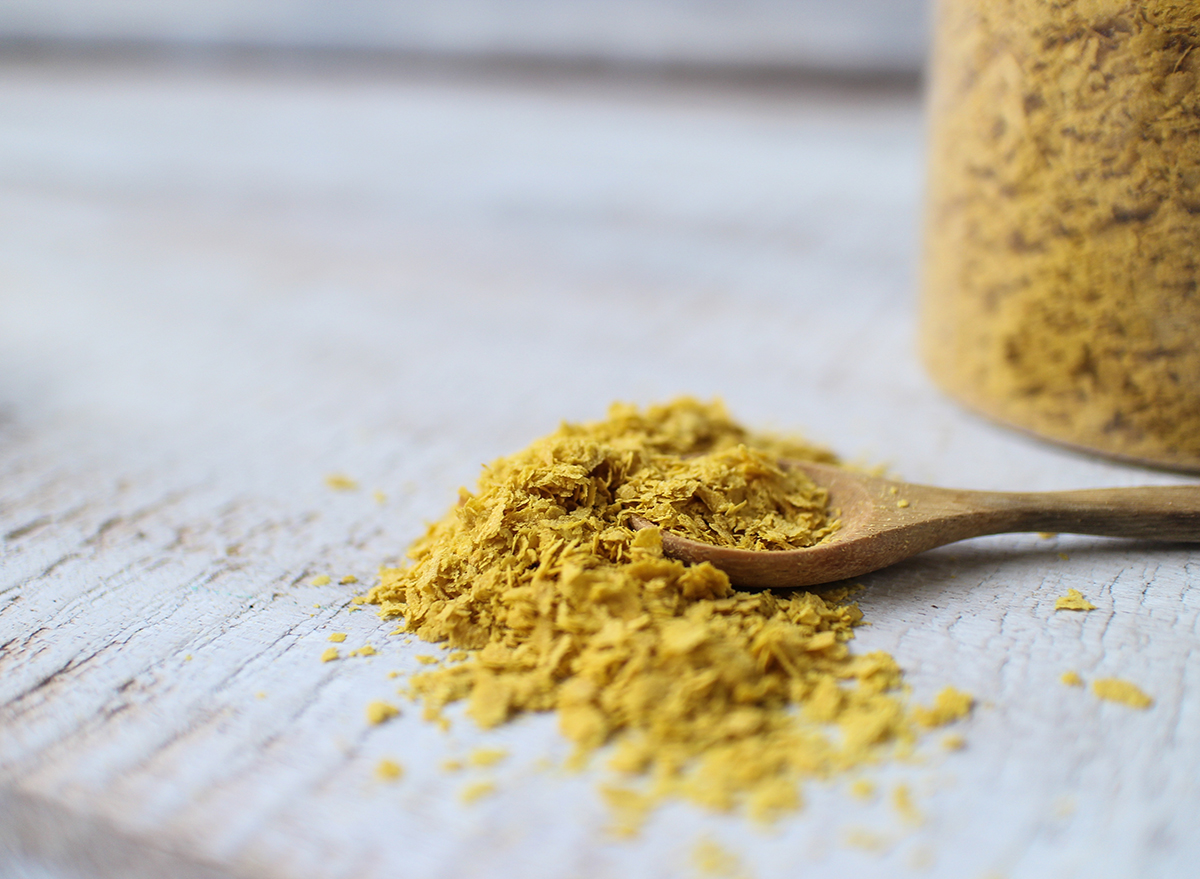
Have you ever seen a vegan recipe that calls for something called 'nooch'? That's a cute nickname for a flaky, healthy protein powerhouse named nutritional yeast. Used as a vegan cheese substitute, it's found in soups, gravies, and even 'macaroni and yeast.' There are quite a few reasons to learn to love this dairy-free cheese-tasting substance, like a trimmer waistline and its health benefits. Here's what gives nutritional yeast all its nutritional value—and how to easily incorporate it into your own kitchen routine.
What is nutritional yeast?
There are around 1,500 species of yeast that grow in soil, on plants, or in fruits or nectar. The single-celled fungi belong to the same kingdom as mushrooms, and only two varieties are used for vitamin supplements: nutritional yeast and brewer's yeast. Both are a fantastic source of B vitamins, but the strong flavor and flaky, meltable consistency of nutritional yeast make it a great substitute for cheese.
Nutritional yeast is made from cultures grown on sugarcane, molasses, or beets in a controlled environment, which allows the yeast to avoid any contamination. Once the yeast is developed, it's deactivated by drying and heating. This method makes the nutrients concentrated and also stops any further growth or ability to ferment. Then, the nutritional yeast is flaked or powdered.
What are the health benefits of nutritional yeast?
Nutritional yeast is a great source of protein. Two mounded tablespoons pack as much protein as half a cup of beans and as much potassium as a small banana, according to The Vegetarian Resource Group.
It contains no sodium at all, which makes it a great choice for adding seasoning for those watching their salt intake.
During production, nutritional yeast is usually fortified with vitamins like:
- iron
- zinc
- thiamin
- niacin
- B-6
- B-12
- riboflavin
- folate
B-complex vitamins support a healthy nervous system and work with carbohydrates, fats, and proteins to give the body a boost of energy. There is also evidence that nutritional yeast can boost your immune system and support healthy digestion, lower cholesterol, and correct blood sugar levels.
You get all those health benefits of nutritional yeast in just 20 calories per tablespoon.
How do you use nutritional yeast in cooking?
You can think of nutritional yeast as dairy-free grated parmesan. Add it to soups, sauces, gravies, and dips for a rich, thickening finish; sprinkle it over popcorn, potato chips, or kale chips for a cheesy flavor boost; or simply add it to pastas, vegetable dishes, risottos, and egg dishes like you would any grated cheese. Yes, there are even recipes for dairy-free mac and cheese where the cheese sauce is made with nutritional yeast!
You can also use nutritional yeast in baking—bake it into dairy-free cheese crackers or use it to add flavor to homemade dog treats for your pup!
Where do I find nutritional yeast?
You can find it anywhere from Whole Foods to Target. Organic, GMO-free manufacturers, like Bragg, Bob's Red Mill, and Simply Organic are three popular nutritional yeast brands.
